简体中文
繁體中文
English
Pусский
日本語
ภาษาไทย
Tiếng Việt
Bahasa Indonesia
Español
हिन्दी
Filippiiniläinen
Français
Deutsch
Português
Türkçe
한국어
العربية
You Should Know: Forex Brokers & Their License
Abstract:As most forex traders are aware, it is always preferable to trade with a forex broker that is authorised and governed by a reputable national organisation, such as the Financial Conduct Authority (FCA), European Securities and Markets Authority (ESMA), Cyprus Securities Exchange Commission (CySEC), or a similar organisation. But it's common for a broker to have a licence and then lose it for not upholding the criteria of the licencing organisation.
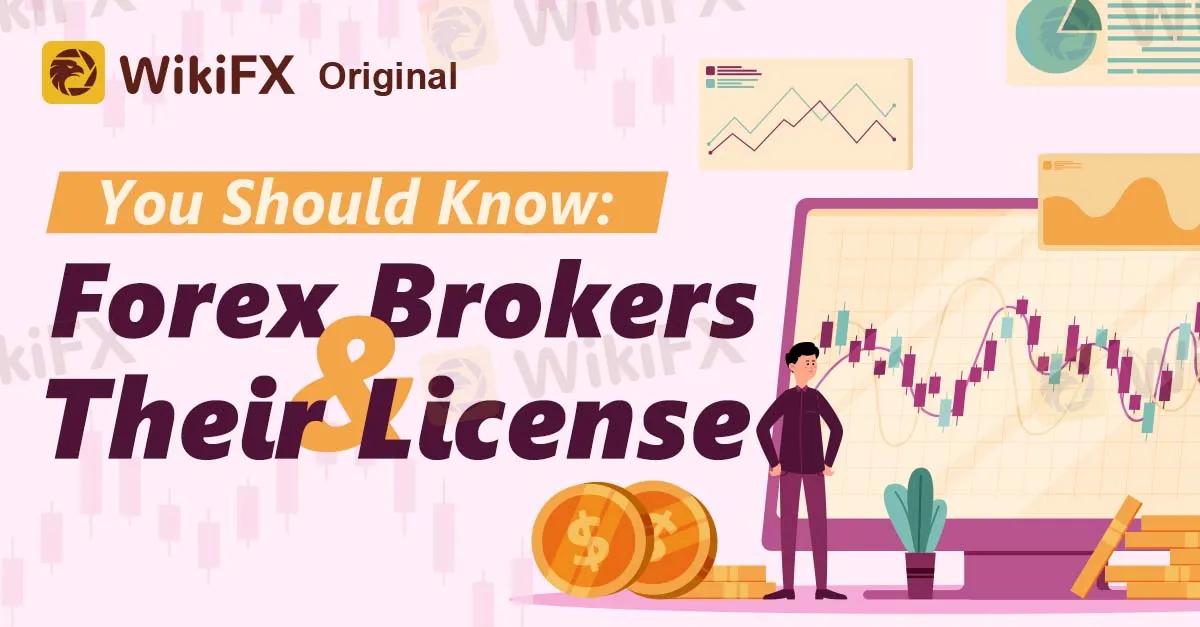
Depending on what went wrong, different measures can be followed when a broker loses their license. The brokerage firm could be promptly dissolved if the broker is charged with fraud or guilty of scamming its clients. Depending on the country where the broker is located, the government may offer insurance to protect the cash stored by the brokerage and enable reimbursement for harmed clients. In certain situations, another financial institution might occasionally agree to purchase those assets and move customer accounts to the new business without much disruption.
While a brokerage may stop operating after losing its licence, this is not the sole option. If a broker loses its licence in one jurisdiction, it can continue to operate as an unlicensed offshore firm or apply for a new licence in another. In 2022, Union Standard International lost its FCA licence but continued to operate from a St. Vincent and the Grenadines-registered office under the terms of an offshore licence.
You might only be aware if an online broker chooses to continue operating under an offshore licence after losing its licence. Keep an eye on WikiFX as we timely update the profiles of forex brokers. We also regularly reveal brokers that claim licenses which they do not have anymore.
To illustrate how self-explanatory the WikiFX app is, here are 3 forex broker profiles and their respective licenses:
Broker 1:
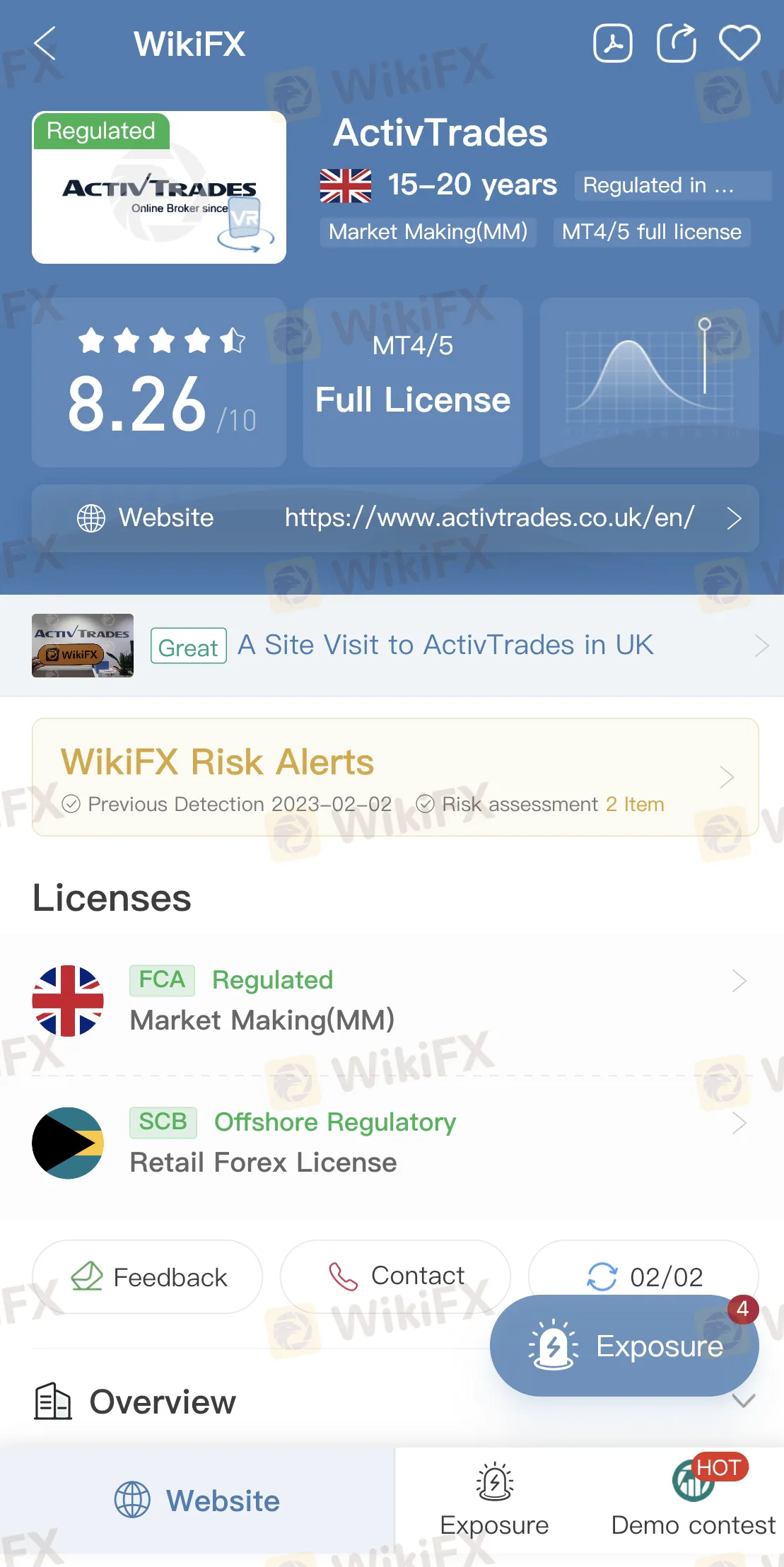
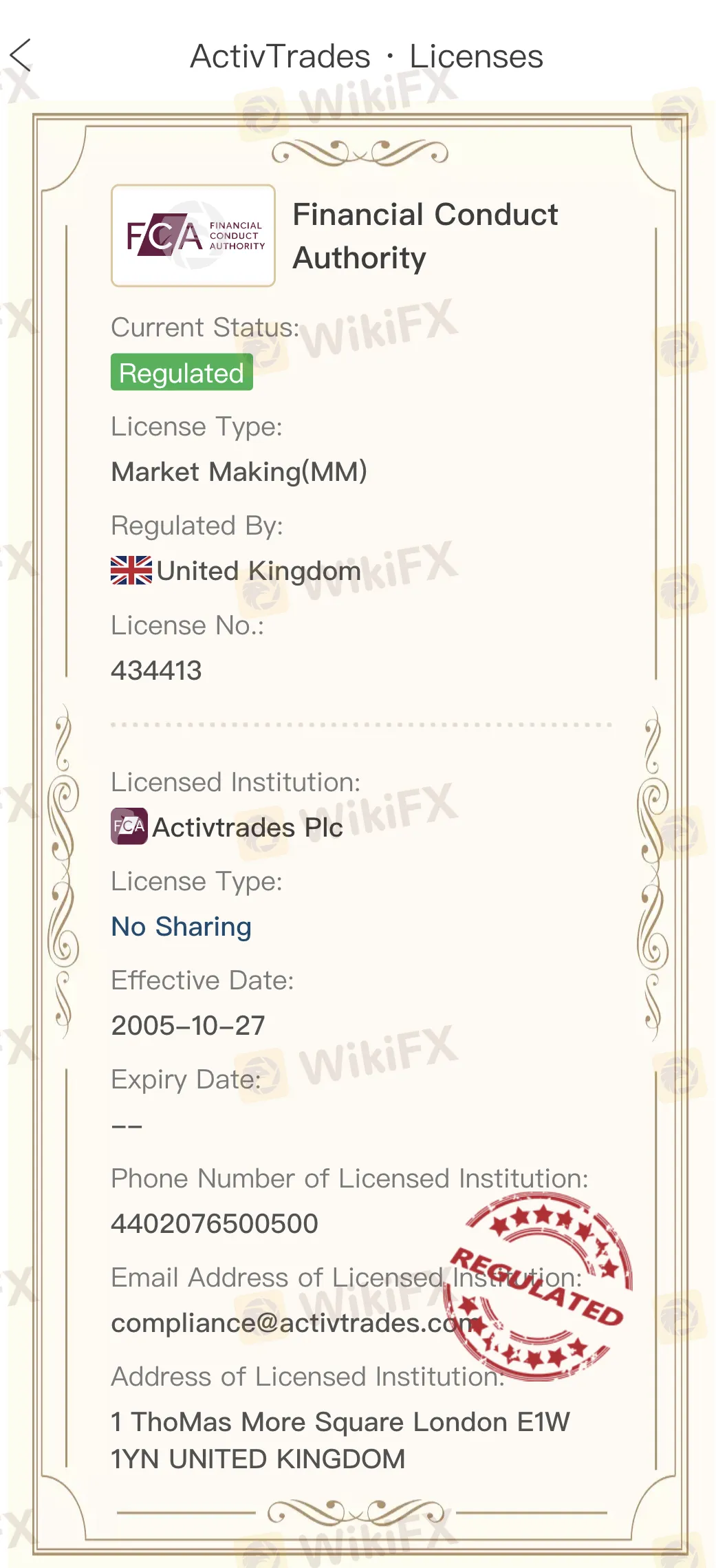
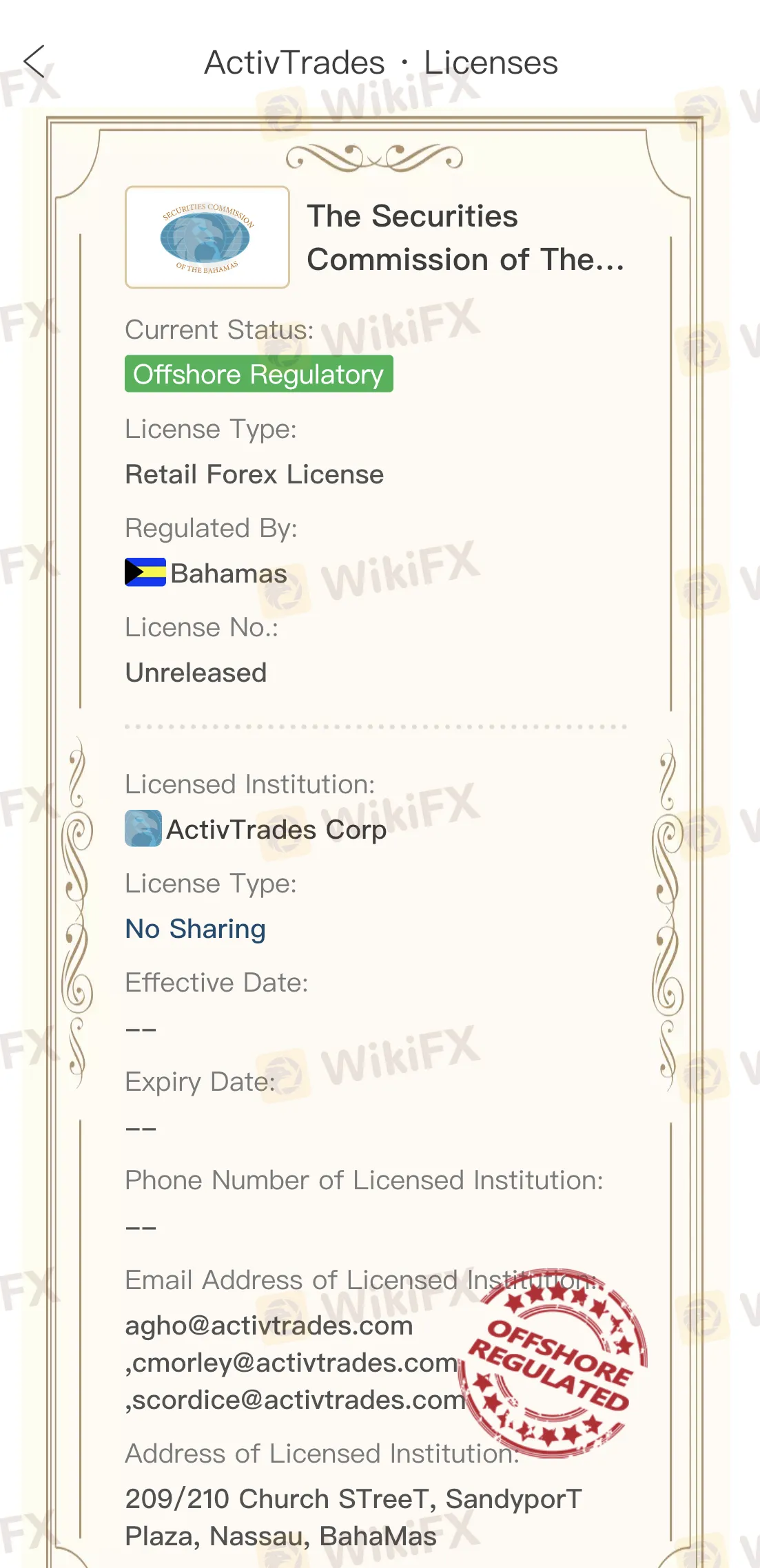
Broker 2:
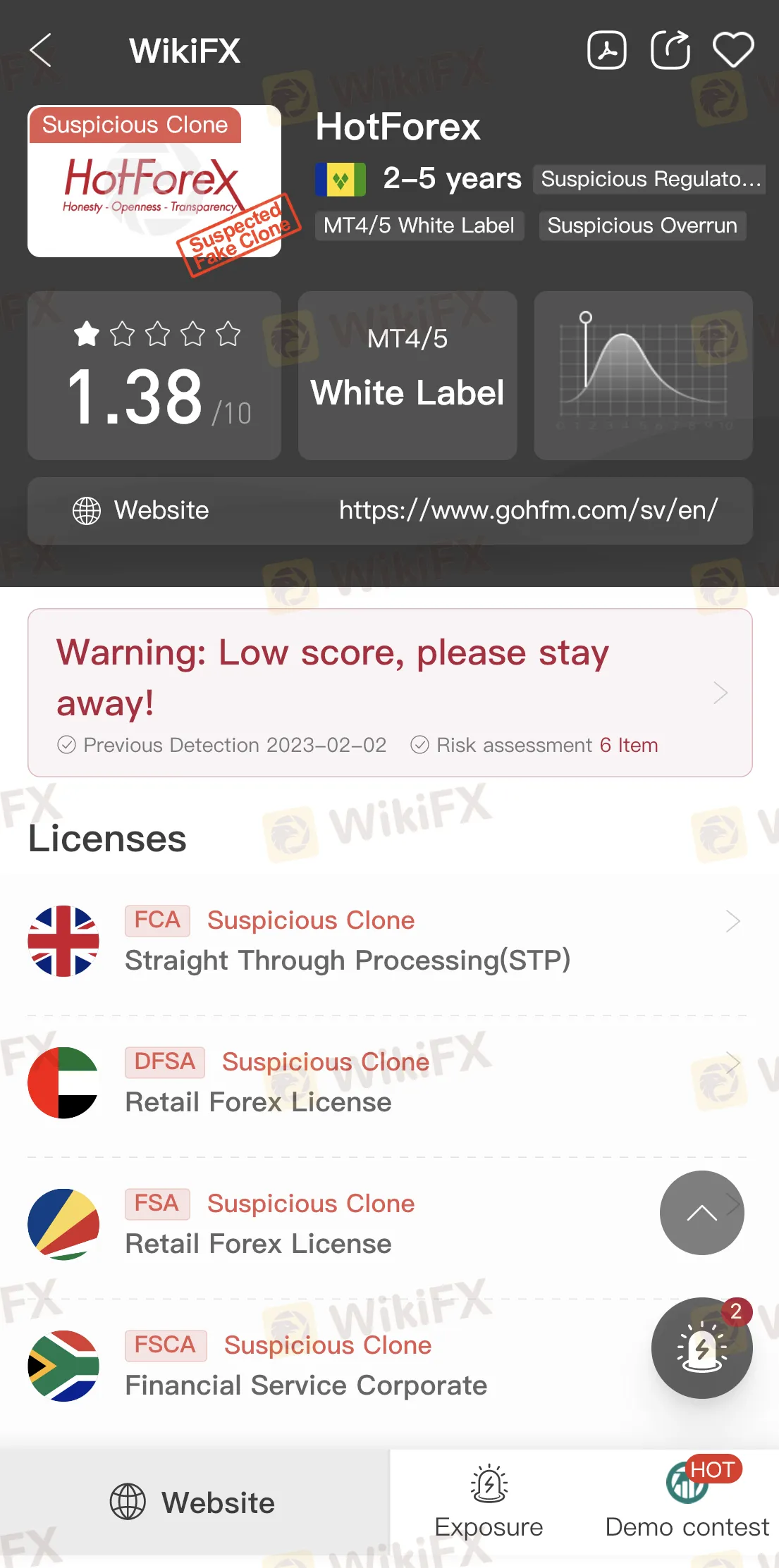
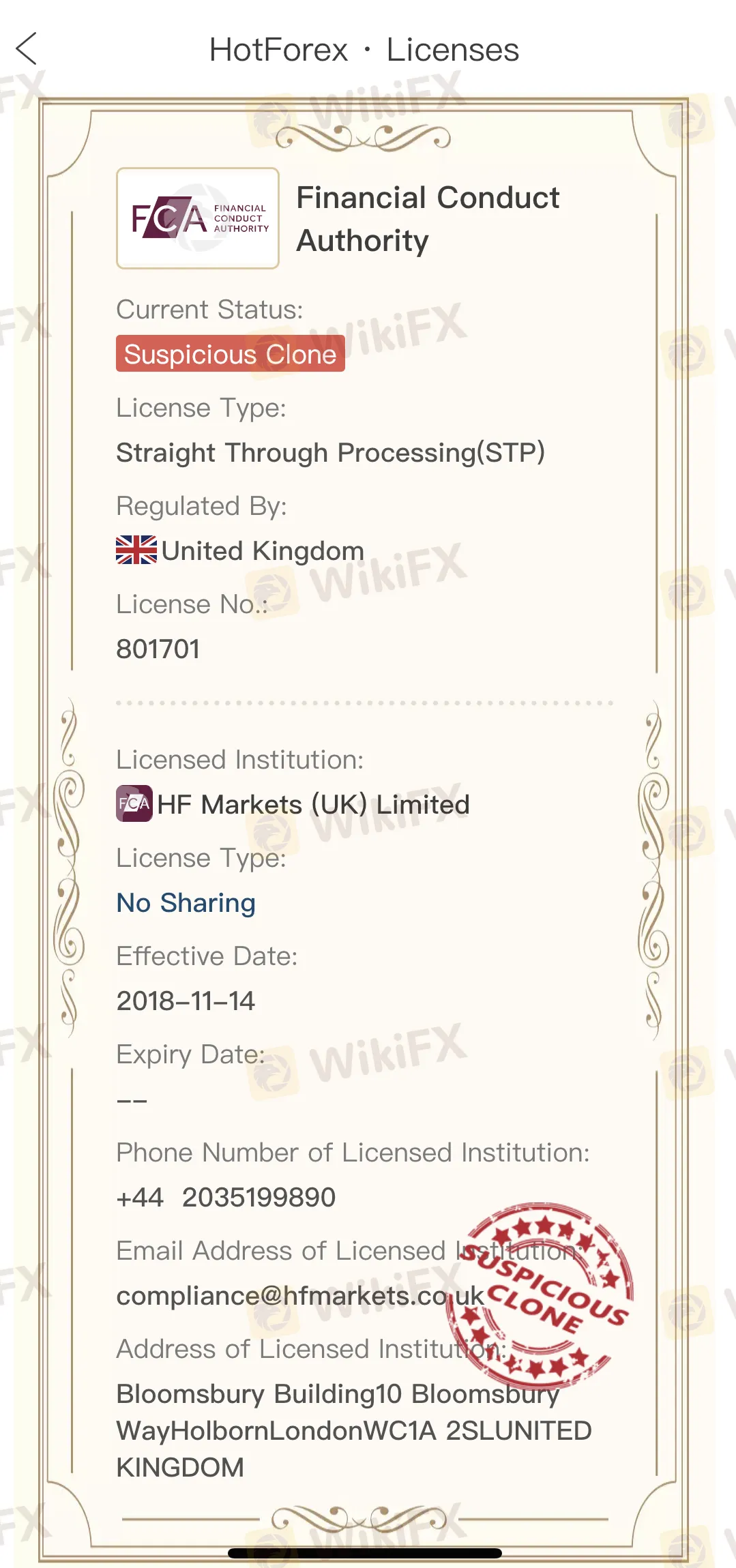
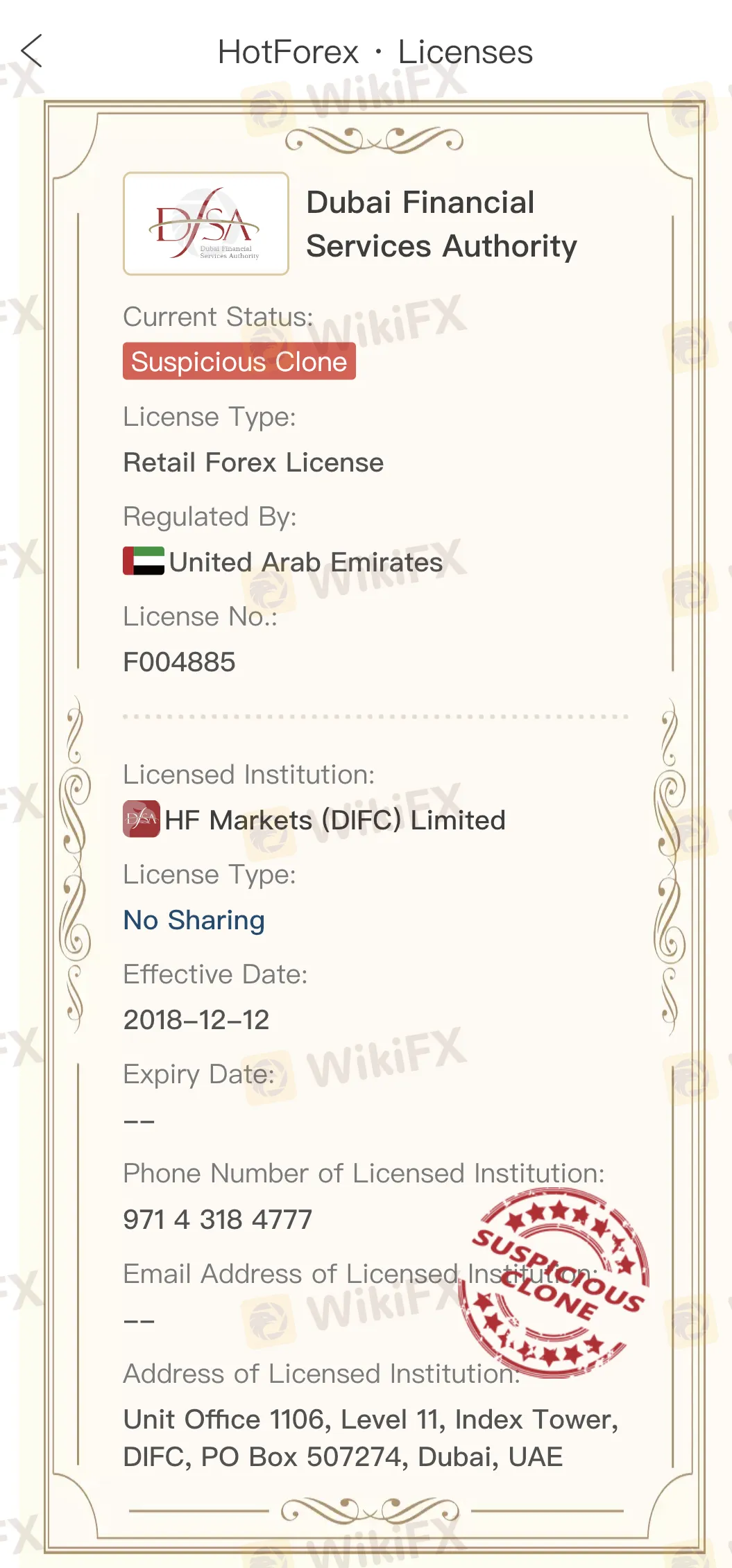
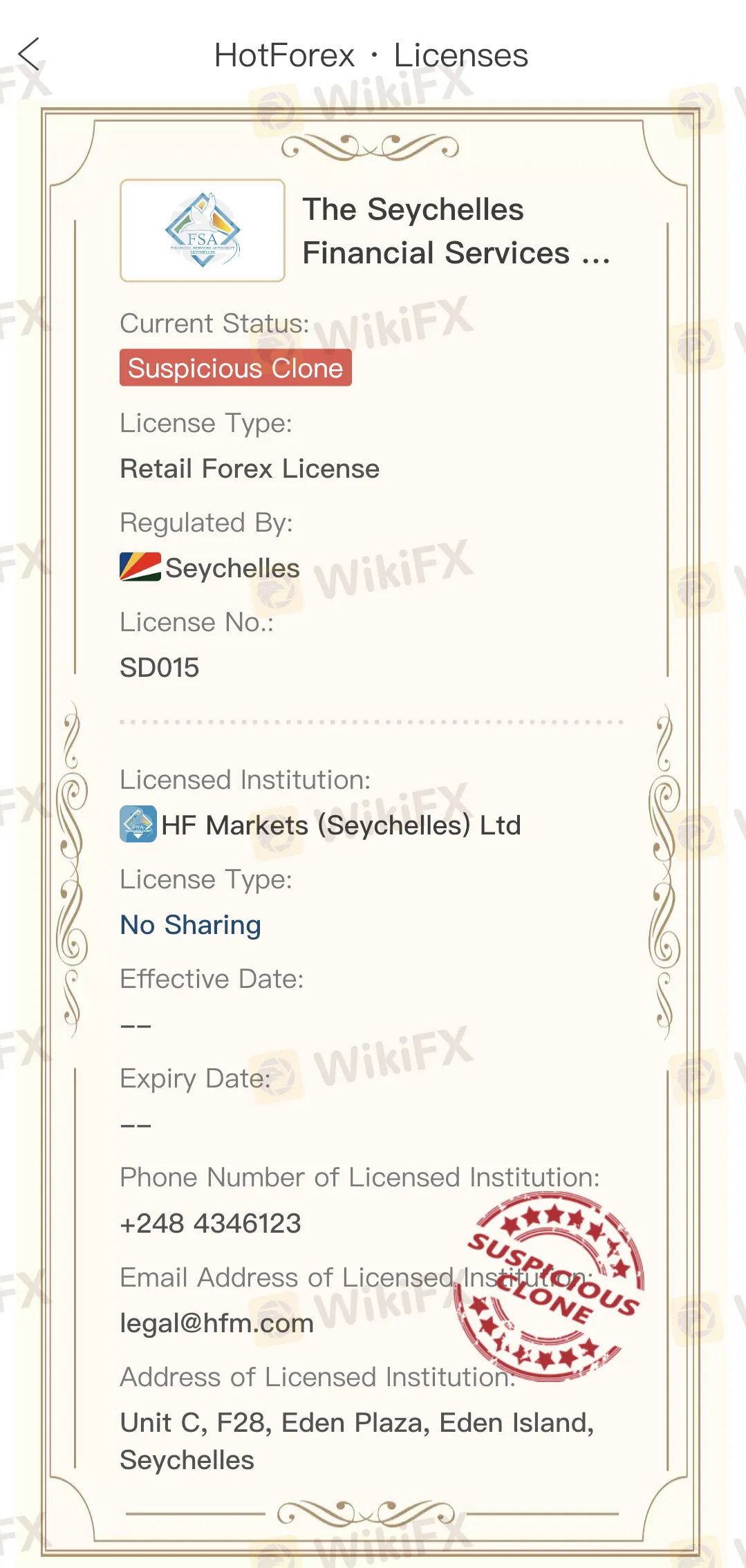
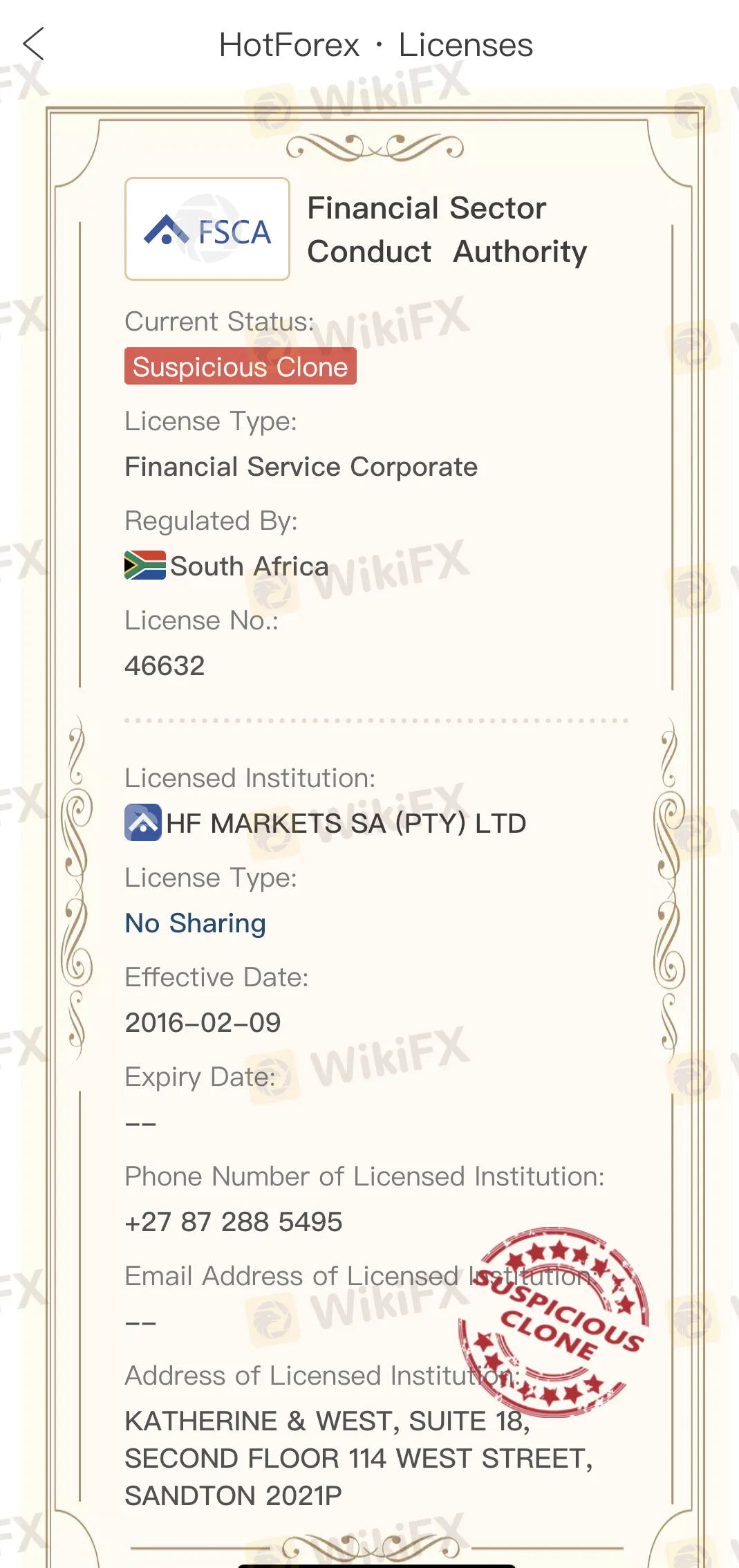
Broker 3:
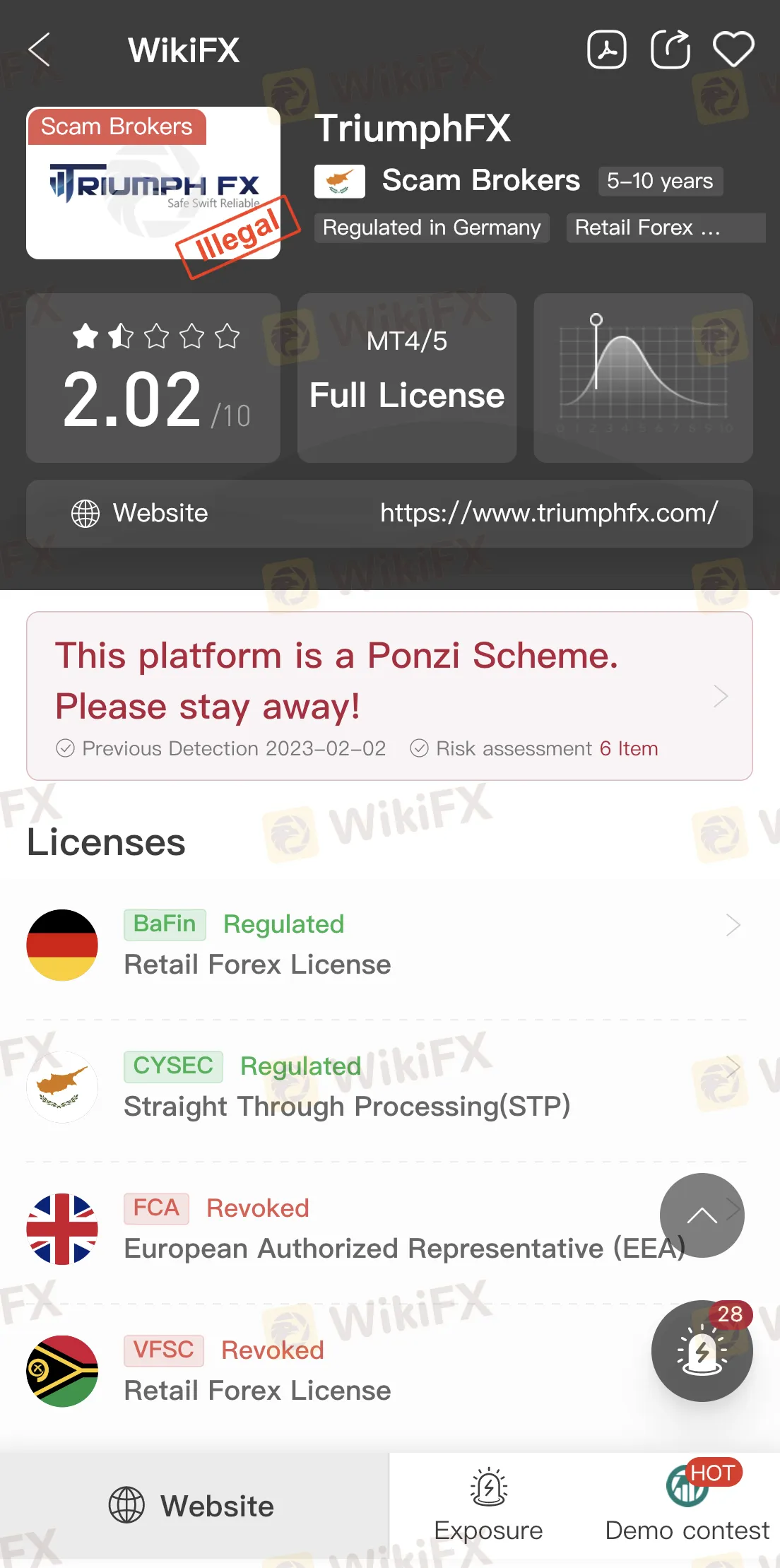
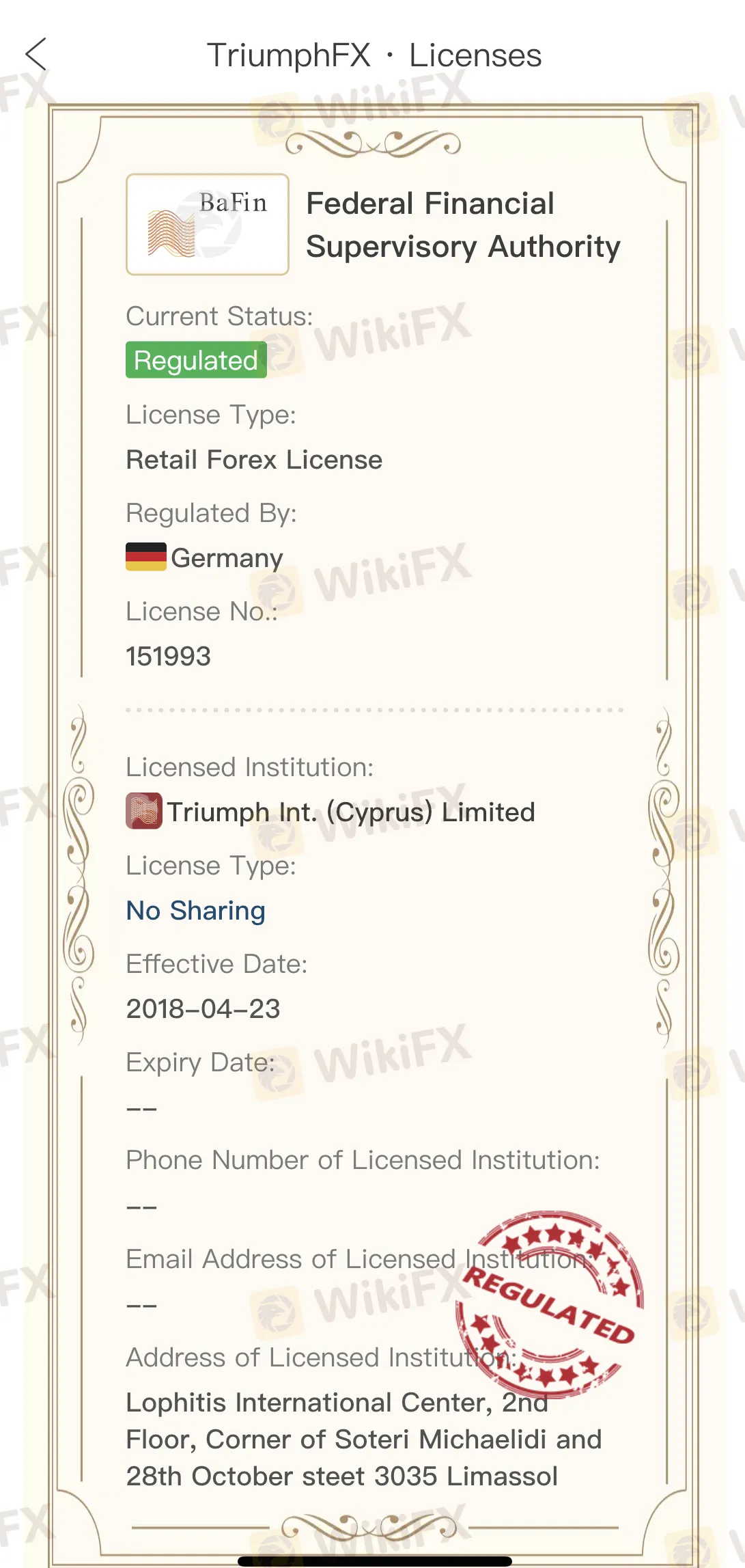
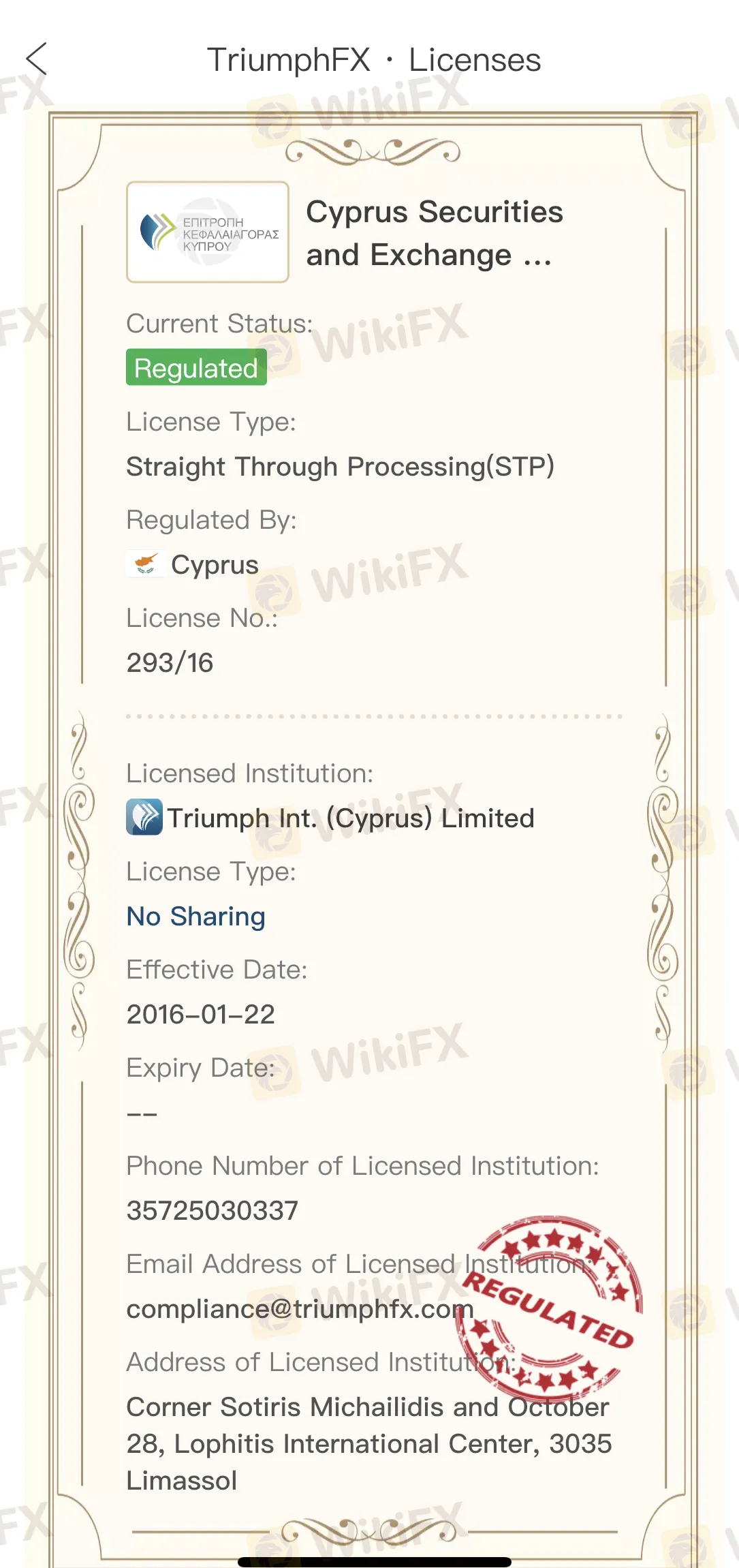
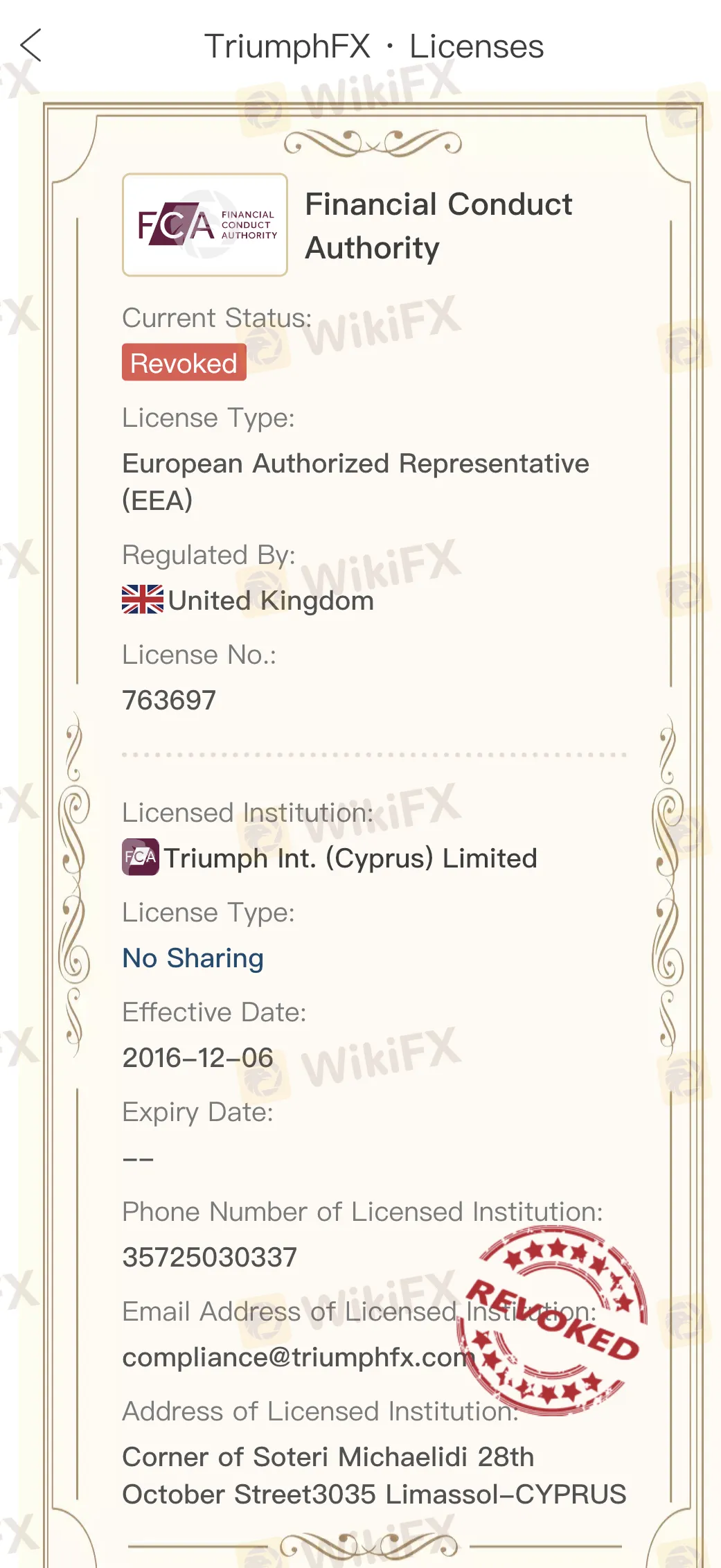
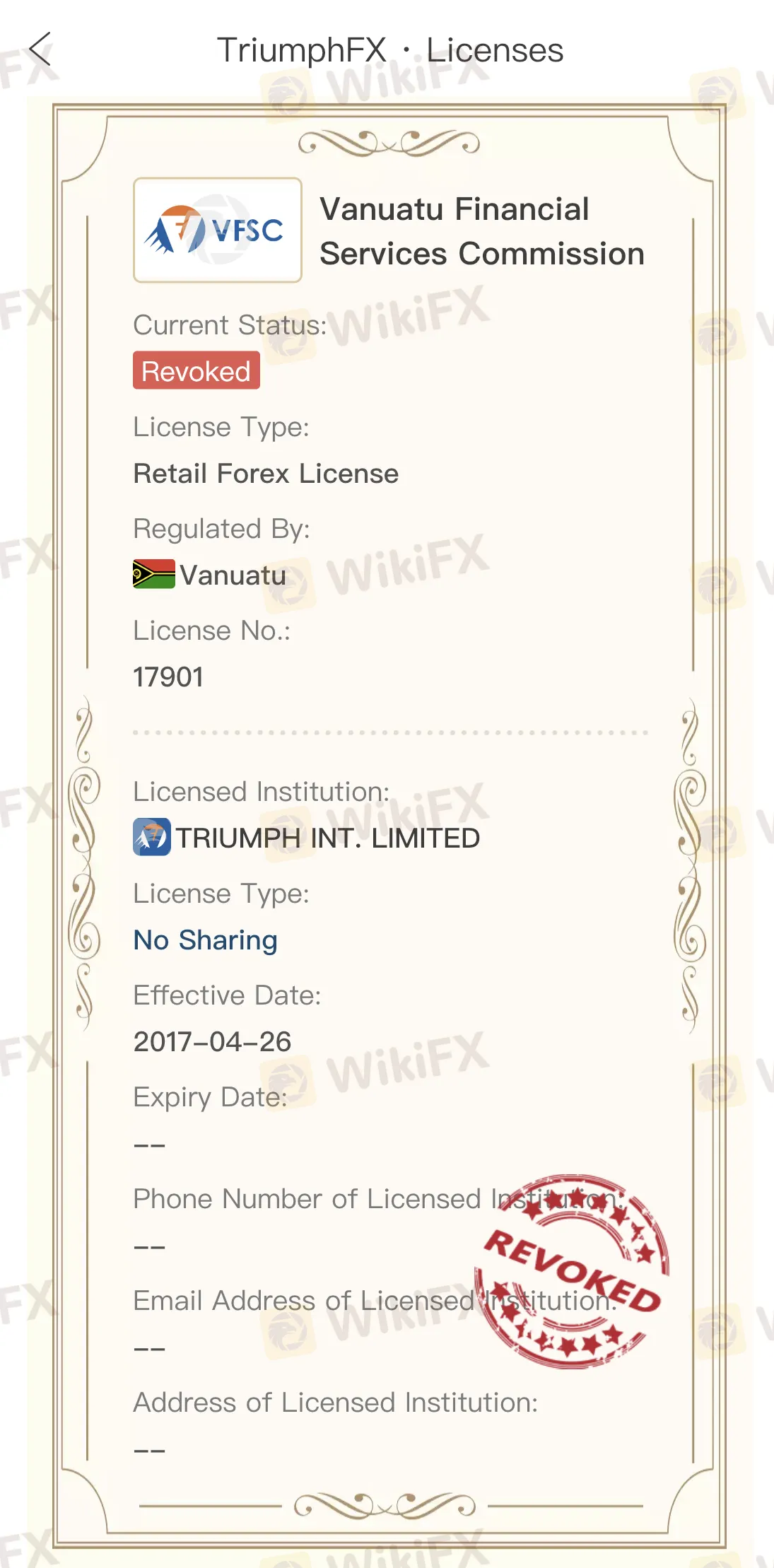
Why Are Brokers' Licenses Taken Away?
Each regulated forex broker must abide by a set of rules set by its regulatory body. Additionally, they must consent to yearly evaluations and audits of their business practices to ensure continued compliance with all applicable laws and standards. As part of their onboarding procedures, forex brokers must abide by the contracts they enter into with each trading client. The revocation of a licence is possible if any rules or regulations are broken.
Brokers must abide by the laws and regulations of the nation in which they are based and the guidelines established by the national regulator issuing a licence. Even if a broker initially establishes itself as adhering to all applicable laws, if it later ceases to do so, its licence may be cancelled. Therefore, to ensure that the businesses to whom they issue licences are still compliant, national authorities should regularly monitor them.
Laws have certain similarities, even though they differ from nation to nation. Forex brokers' requirement to maintain sufficient liquidity to cover client investments is a fundamental aspect of forex regulation in several jurisdictions. In accordance with fair representation laws, all forex brokers must disclose all potential risks associated with forex trading. They cannot promise or guarantee that traders will make a profit or receive a specific rate of return on their investment.
Due to safety reasons, it is imperative that you only deal with authorised brokers. Always confirm the regulatory status of the broker you're using before signing up with them, and keep an eye on the situation to ensure nothing changes.

Disclaimer:
The views in this article only represent the author's personal views, and do not constitute investment advice on this platform. This platform does not guarantee the accuracy, completeness and timeliness of the information in the article, and will not be liable for any loss caused by the use of or reliance on the information in the article.
Read more

How to Know if the Market is Correcting or Reversing?
In trading, distinguishing between a market correction and a market reversal is crucial for making sound decisions. Misjudging one for the other can lead to missed opportunities or significant losses. While both involve price movements, their causes, duration, and implications differ substantially. Understanding these differences can help traders improve their strategies and adapt to market conditions effectively.

Empowering the Next Generation in Finance with WikiFX: Gen Z’s Investment Journey
With a steadfast commitment to fostering sustainable financial literacy and providing clear, strategic guidance to the next generation, WikiFX has collaborated with Van Lang University and Hoa Sen University to host an exclusive series of financial education workshops. This marks a pioneering initiative by WikiFX in Vietnam, designed not only to deliver foundational knowledge but also to instill a sense of responsibility and cultivate prudent financial decision-making among aspiring young traders.

Robinhood Launches Options Trading in the UK by 2025
Robinhood to introduce options trading in the UK by 2025 following FCA approval. Discover how this expansion aligns with Robinhood's strategy for global growth and new features.

What Impact Does Japan’s Positive Output Gap Have on the Yen?
The Japanese government has announced that, due to a tight labor market, the country’s economic output is expected to return to full capacity in the next fiscal year for the first time in seven years.
WikiFX Broker
Latest News
Why is there so much exposure against PrimeX Capital?
Russia to Fully Ban Crypto Mining in 10 Regions Starting January 1, 2025
Two Californians Indicted for $22 Million Crypto and NFT Fraud
Macro Markets: Is It Worth Your Investment?
WikiFX Review: Is Ultima Markets Legit?
Colorado Duo Accused of $8M Investment Fraud Scheme
What Impact Does Japan’s Positive Output Gap Have on the Yen?
RM62k Lost Investment Scam After Joining XRP Community Malaysia on Telegram
Victims of Financial Fraud in France Suffer Annual Losses of at Least €500 Million
SEC Warns on Advance Fee Loan Scams in the Philippines
Currency Calculator


